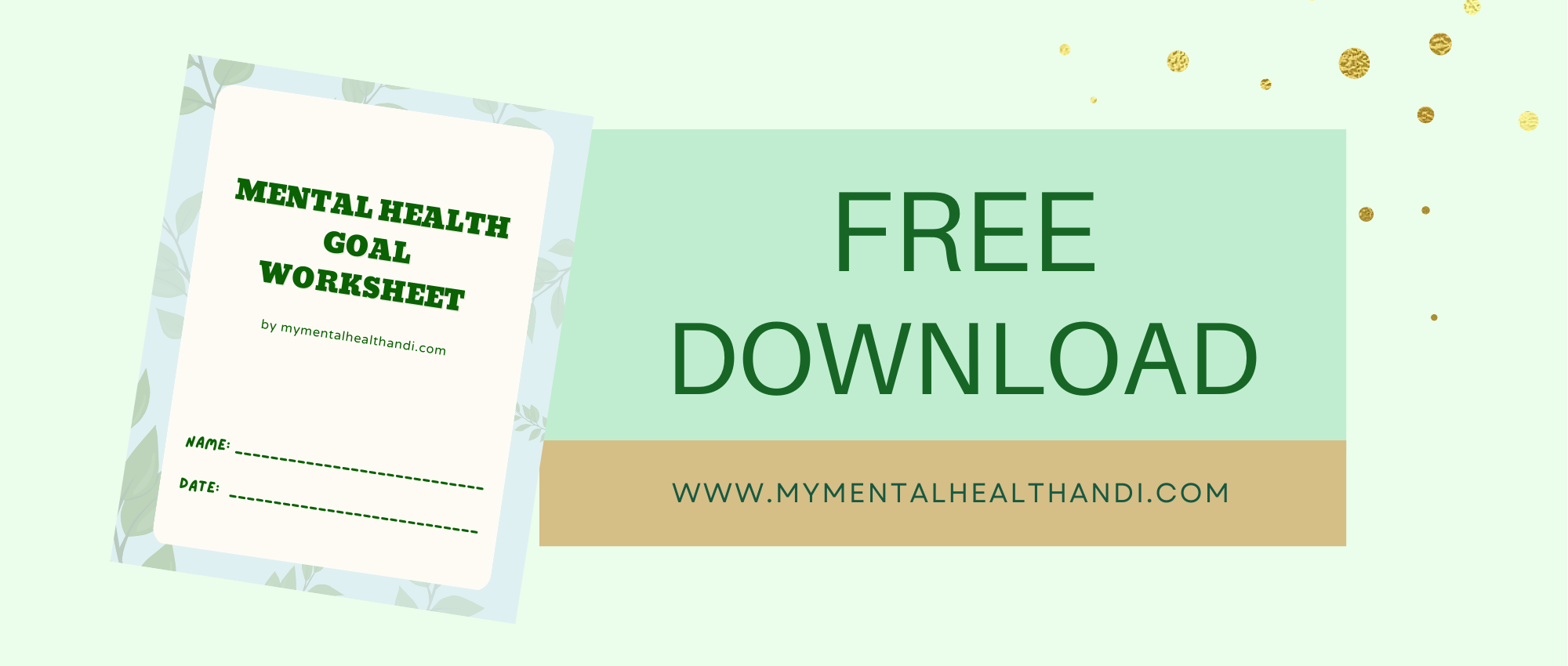By Lovlyn
In this blog post, we will discuss how practising self-compassion can help you embrace your flaws and imperfections. So you can learn to love yourself for who you are.
In this modern era of social media and societal pressure, we are bombarded with ads on TV and posts on social media that depict everything as perfect. This makes us more aware of our flaws and accepting our imperfections becomes more challenging.
Many of us struggle with self-doubt and self-criticism, which can lead to feelings of shame and inadequacy. As a result, we may go to great lengths to change things about ourselves that make us unique.
However, it doesn’t have to be this way because our flaws are what make us who we are. We can learn to embrace our flaws and imperfections and use them to our advantage.
Now, when we talk about flaws, we’re not just referring to physical appearance. But also to aspects such as personality, mental health, career, relationships, and much more.
What is self-compassion?
Self-compassion is simply the act of being kind, understanding, and non-judgmental towards oneself, especially in times of failure or suffering. It involves treating yourself with the same kindness, concern, and support you would offer to others.
Note that self-compassion is not about self-pity or self-indulgence. But, rather about acknowledging and accepting one’s flaws and imperfections.
How can self-compassion help you embrace your flaws?
In our society where perfection is praised and flaws are often seen as weaknesses, self-compassion can help us embrace our flaws in several ways:
- Learning to accept our flaws: Self-compassion helps us accept ourselves as we are, instead of judging ourselves harshly for our flaws.
- Reducing self-criticism, self-doubt and negative self-talk: By learning to accept our flaws, we become less likely to criticize ourselves for our flaws.
- Building resilience: Self-compassion helps us build resilience in the face of failure or setbacks. It becomes easier to bounce back from failure and try again.
How to practice self-compassion
The three basic elements for practising self-compassion are self-kindness, common humanity, and mindfulness.
Self-kindness
First you have to be kind and understanding towards yourself, especially in difficult times. Treat yourself with the same care. Speak kindly to yourself and avoid calling yourself stupid names when you make a mistake. It’s human to make mistakes, and when one does, the focus should be on learning the lesson, forgiving oneself, and moving on.
Common humanity
Recognize that you are human and humans are not perfect. You are not alone in your struggles and there is no such thing as a perfect person. Every individual has their own unique flaws, insecurities, and challenges to overcome.
Mindfulness
Be present and aware of your thoughts and feelings without judgment. Accept your flaws and imperfections and focus on progress rather than perfection. Celebrate your successes, no matter how small, and view your failures as opportunities for growth and learning.

Tips for Embracing Your Flaws Through Self-Compassion
Learn to Be Self-Aware
Practising self-awareness can be challenging at times for most of us, because it may lead us to recognize our shortcomings and force us to confront them. Which is something most of us don’t want to deal with.
However, becoming aware of your thoughts and feelings towards yourself can help you understand the underlying issues and find solutions. This leads to a greater understanding of oneself, which promotes self-acceptance and emotional well-being.
Therefore, it is essential to pay attention when you are being self-critical or judgmental and make an effort to shift towards self-compassion.
Make Positive Self-Talk a Habit
Self-talk is the inner dialogue that occurs within your mind. It can be either positive or negative, playing a crucial role in how you perceive yourself.
When you encounter a mistake or a challenging situation, do you say things such as “I’m so foolish, I keep making mistakes” or “I must be a fool, I don’t know how to do anything correctly”? Alternatively, do you say, “Oh, I’ve made a mistake, but I’ll try to do better next time” or “This might be difficult to deal with, but I’ll do the best I can”?
If you often say the former, you are only making things worse for yourself. However, if you often say the latter, it becomes easier for you to recognize the issue and handle it.
Make positive self-talk a habit by using kind and supportive self-talk, especially during times of difficulty or failure. Speak to yourself as if you were speaking to a good friend who is going through a tough time.
Reframe Your Mindset
Many aspects of our experiences, behaviours, and outcomes are influenced by our mindset and perspective. For instance, a person with a positive perspective may focus on the good in a situation and feel grateful. While a person with a negative perspective may dwell on the bad and feel resentful.
The way you perceive your flaws is significant. Do you perceive them as a lifelong curse or as a unique part of yourself that, despite being seen as a weakness, is not really one?
To embrace your flaws, try to reframe them as opportunities for growth and learning rather than weaknesses. By reframing your mindset, you can view your flaws as sources of strength and resilience.
 Subscribe to my email newsletter to get a free mental health goal worksheet
Subscribe to my email newsletter to get a free mental health goal worksheet
Embrace Vulnerability
Yes, I said that. Although vulnerability is often seen as a weakness, it is not always the case. Vulnerability allows us to be open about our emotions and show our true selves without fear of judgment or rejection.
Therefore, you should acknowledge that imperfection is a part of being human. Allow yourself to be vulnerable and open about your flaws and imperfections. Doing so can help you connect with others and build deeper relationships.
However, this may be challenging. Especially if you were once open about your emotions but did not receive the support you needed. Nevertheless, it is crucial to be true to yourself. How others see you is secondary; what matters the most is how you see yourself.
Remember that everyone has their flaws, even if you do not see them or they try to hide them. Nobody is perfect, and neither are you.
Self-Love And Self-Care Are Necessary
Self-care involves taking care of your physical, emotional, and mental health. While self-love is essentially loving and valuing yourself. Self-love is not just about saying “I love myself,” but also engaging in activities that promote your physical and mental well-being.
Practising self-love and self-care can help you build a foundation of self-compassion. Which is crucial for accepting your flaws and developing a positive self-image. By treating yourself with kindness, respect, and compassion, you can learn to acknowledge and accept your imperfections as a natural part of who you are.
It’s also important to recognize that you deserve to give yourself the love and care you give to others. You should learn to appreciate and admire yourself in the same way that you do with others. If there’s an aspect of your life that doesn’t meet your expectations, don’t just feel sad about it. Instead, work on making positive changes to live your best life.
You might also like: Simple Reasons Why You Need To Prioritize Self-Care
conclusion
To grow and maintain well-being, it is crucial to embrace your flaws through self-compassion. Embracing your flaws through self-compassion is a process that requires patience, practice, and self-awareness. When you cultivate self-compassion, you can learn to accept and embrace your flaws and imperfections. View them as opportunities for growth and learning, and treat yourself with kindness and understanding. Remember, you are worthy of love and respect, flaws and all.
If you found this blog post helpful, I recommend checking out my other blog posts.
DISCLAIMER:
The content of this blog is not intended to be a substitute for professional medical advice, diagnosis, or treatment. It is provided for general information only.
RECOMMENDATION
If you need help or know someone who needs help with their mental health or mental illness, check out the resource page for mental health resources.













